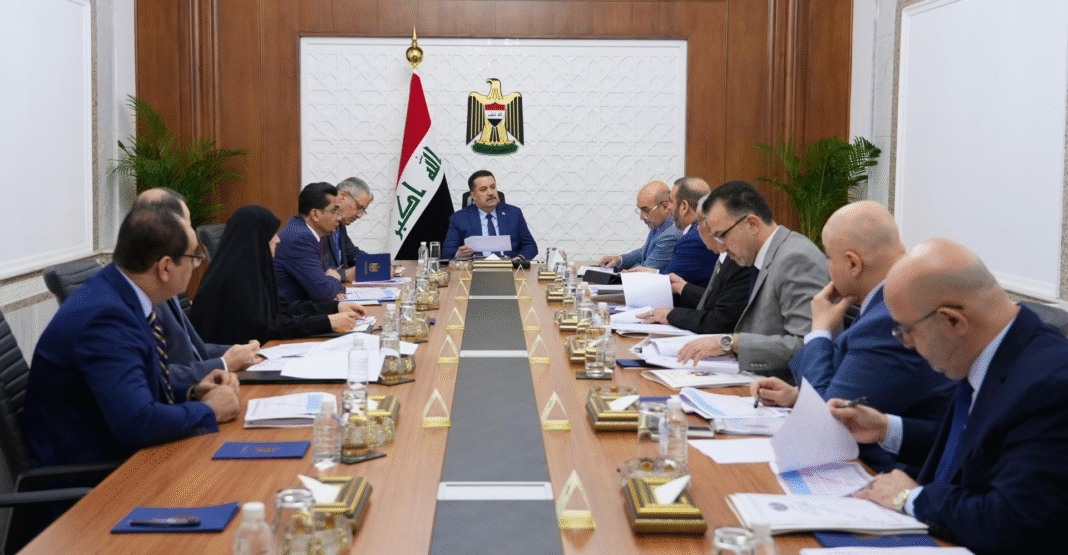Non-oil revenues reform has become a top priority for Iraq’s government as it pushes to reduce dependence on oil. Iraq moves ahead with bold plans by reforming its state-owned enterprises. Prime Minister Mohammed Shia al-Sudani led a strategic meeting to accelerate this transformation. He emphasized the urgency of financial and administrative restructuring to modernize public sector management and diversify income sources.
During the high-level session, Iraq’s Higher Committee for the Restructuring of State-Owned Enterprises tackled its core mission. Leaders reviewed reform progress and explored ways to improve performance in state-run companies. They also looked into strengthening employee rights while aligning the public sector with healthy economic standards.
The Prime Minister ordered a complete classification of all state-owned enterprises. This step aims to clarify their roles and economic contributions. Additionally, he stressed that state companies must support Iraq’s long-term goal to diversify income sources. The push to increase non-oil revenues reform dominated the discussions.
Several critical reforms were adopted during the meeting. Most notably, the committee approved a new body: the General Company for Construction, Supplies, and Scientific Investments. This new entity will play a role in advancing government infrastructure and innovation.
To further strengthen Iraq’s reform plan, the committee backed recommendations inspired by the recent Global Investor Day Conference. These proposals will help attract private investment and encourage efficiency in public enterprises. Such efforts will also assist Iraq in building a more self-reliant economy.
The committee also approved a wide-ranging economic policy paper. This document will guide future decisions and policy changes for public companies. As part of that plan, new guidelines for fuel allocation were adopted. These rules aim to cut waste, improve transparency, and ensure fair access to state resources.
The reform committee worked closely with subcommittees that specialize in classification and policy execution. Their findings helped shape the recommendations adopted at the meeting. Through this approach, Iraq aims to shift its economic model and grow stronger outside of oil revenue.
The Prime Minister’s focus on increasing non-oil revenues marked a turning point. He made it clear that Iraq must stop relying so heavily on oil income. Instead, the country must activate its broader economic potential.
Non-oil revenues reform now sits at the heart of the government’s economic strategy. With new structures, clearer classifications, and sharper policies, Iraq aims to build a stronger financial future.


